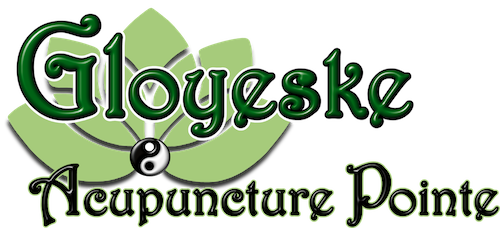Before I begin, I am not a cardiologist, and if you are concerned about your cholesterol, please consult with your primary doctor about it. This blog is strictly informational in nature.
According to the Centers for Disease Control and Prevention (CDC), people who suffer from high LDL cholesterol are twice as likely to develop heart disease – the number one cause of death in both men and women. There are two types of cholesterol: HDL (the good variety), and LDL (the bad variety). LDL cholesterol is categorized as the “bad” variety because it promotes buildups of plaque in the arteries. When an individual suffers from high LDL cholesterol, his or her arteries could become stiff and narrow (atherosclerosis). Subsequently, this places the individual at risk for potentially fatal cardiovascular conditions like heart attack and stroke. It should be noted that this simplification is much more complicated. LDL is certainly necessary for life, and new studies are constantly showing what is and what is not a concern regarding cholesterol and health. The numbers are not necessarily the end game. Also, cholesterol is essential for life. It is vital for hormones and repair, and we could literally not survive more than one second without it.
HDL cholesterol, on the other hand, has the opposite effect by flushing away hard plaque buildups in the arteries. Scientists believe HDL actively seeks and targets LDL, transporting it from the arteries to the liver, where it’s then broken down and passed through through the body. High-quality scientific evidence indicates that dietary cholesterol has little to no impact on blood cholesterol levels, and this appears to be the case in approximately 75 percent of the population. What does that mean? It means that red meat, coconut oil, eggs, and saturated fat are not as bad as it has made out to be. So, what dietary factors really contribute to high cholesterol and heart disease? As the former president of the American College of Cardiology made clear in this statement, “The high intake of refined carbohydrate that has invariably accompanied low-fat diet recommendations has had the unintended consequence of worsening atherogenic dyslipidemia, rather than preventing it.” What that quote is referencing is the Standard American Diet (SAD).
Acupuncture has also been shown to improve cholesterol. In recent decades, acupuncture has been widely used in the adjuvant treatment of patients with hyperlipidemia. A large number of clinical studies in China have shown that acupuncture can lower TC, TG, LDL-C, LDL(p) and increase HDL-C in patients with dyslipidemia. In TCM terminology, cholesterol is considered a Spleen or Stomach issue, and treatment will involve points along those channels. Typically, the cause of high cholesterol in TCM is what’s called Dampness, which basically means inflammation. Some natural methods of managing cholesterol are using Berberine, Bergamot, and Red Yeast Rice in supplemental form.
For a deep dive into cholesterol and to understand why it’s not as simple as LDL is bad and HDL is good, I suggest you visit the next two links provided by Peter Attia, MD.
1.https://peterattiamd.com/the-straight-dope-on-cholesterol-part-i/
2.https://peterattiamd.com/the-straight-dope-on-cholesterol-part-ii/
References are below:
https://www.cdc.gov/cholesterol/facts.htm
https://www.nejm.org/doi/full/10.1056/NEJM199711203372102#t=article)
https://pubmed.ncbi.nlm.nih.gov/8688759/
In Health,
Adam Gloyeske, LAc
